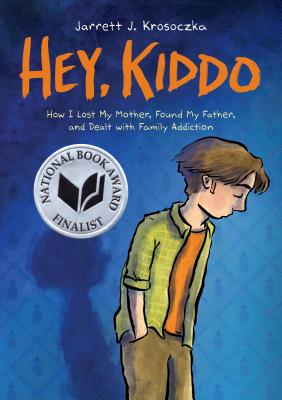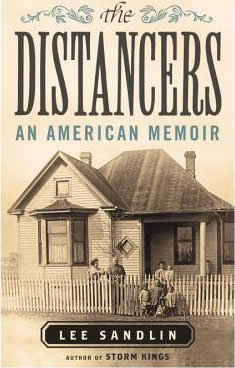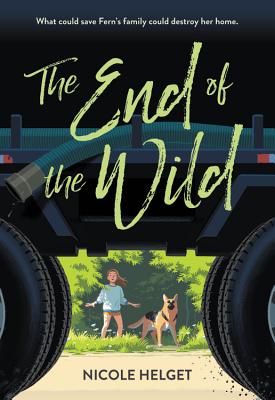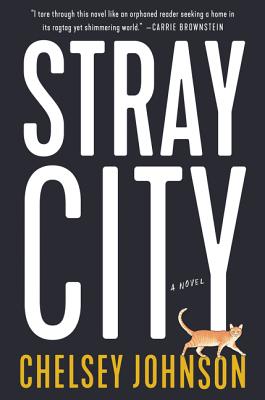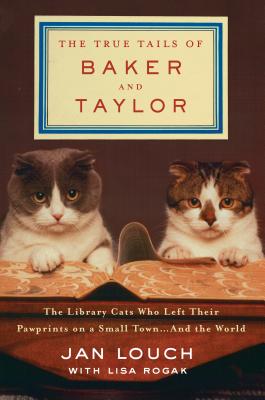 |
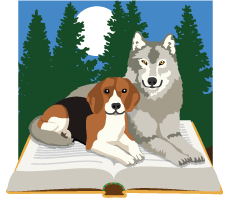 |
 |
 Jen Jen |
|
At our recent trade show, I attended a panel made up of graphic writers. Graphic novels are growing in popularity for young adults, but I was drawn to a graphic memoir by one of the panelists, Jarrett J. Krosoczka. His book, Hey, Kiddo: How I Lost My Mother, Found My Father, and Dealt with Family Addiction, is about growing up in his grandparents’ home after his mother was sent to prison. (Jarrett's father was not in the picture.) Both the text and the graphics drew me in immediately. What really got my attention was this -- in nearly every panel in which Jarrett's grandmother appeared, she was smoking. None of the characters made mention of it, but there she was - smoking, smoking, smoking. I realized such a constant reminder of a character's habits would be hard to deliver to a reader using text alone. The content of Hey, Kiddo is the kind of narrative I would have been interested in regardless of its format (traditional memoir or graphic memoir.) The target audience of Hey, Kiddo is 13-17 year olds and I would not recommend it for anyone younger than 13. The issue of a parent in prison for drug charges may not be appropriate for every pre-teen, and the same is true for the colorful language of Jarrett’s grandparents, although they are loving family members. This would be a great book for an adult and a young person to read together and discuss.
|
|||||||
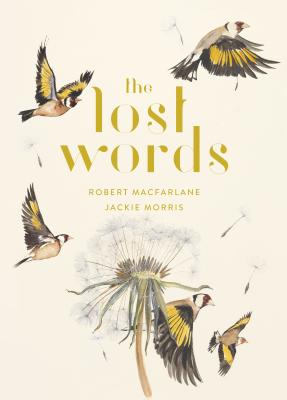 |
The Lost Words |
||||||||
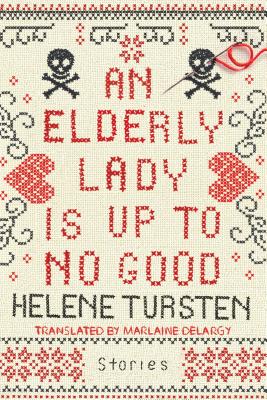 |
An Elderly Lady is Up to No Good |
||||||||
 Sally Sally |
|
|
|||||||
|
The Distancers: An American Memoir Lee Sandlin The End of the Wild Stray City |
Our third annual fall retreat was the last week-end in October and twelve women gathered to explore the theme, “What is Family?” We all read these three books, which presented a variety of families, and were the jumping off places for lively discussion. When Lee Sandlin was a boy, he and his cousins spent summers with their great aunts and uncles, as their parents had done before them. In The Distancers he wrote a portrait not only of those summers, but of several generations of his family. Among other themes, we explored the role of place in family life, and talked of the particular houses each of us experienced as home as we grew up. The End of the Wild is a coming of age story written for middle grade readers which explores issues such as poverty, fracking, PTSD, and the way those issues pressured one young girl and her family. Stray City is the story of a young lesbian who forms a family of friends, her chosen family, after experiencing the rejection of her born family. A brief affair with a man results in an unexpected pregnancy, and the formation of a new family. The book was filled with humor, and also showed us a sub-culture new to many in the group. Have you ever found yourself reading and/or discussing books which, intentionally or not, dealt with a theme? We’d love to hear about your experiences. |
|||||||
 |
The Great Minnesota Cookie Book Holidays and baking seem to go together! The Great Minnesota Cookie Book, released just a few weeks ago, is a collection of recipes from fifteen years of the Star Tribune newspaper’s popular holiday baking contest. I’ve sampled some of the cookies, and they were scrumptious! The recipes are clear, the photographs are beautiful—it’s time to pre heat the oven and start baking! |
||||||||
 Bob |
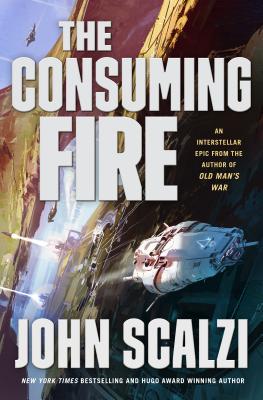 |
The Consuming Fire Sally and Jen went to a book show lately and, on my behalf, looked for interesting SciFi. They know the rules….no Fantasy and it’s better if there is a spaceship on the cover. Well they brought me back a book, The Consuming Fire, that met my tough standards (it actually had multiple spaceships and rockets on the cover! Bonus!) |
|||||||
 Gail |
|||||||||
|
Jan Louch has landed her dream job as assistant librarian at the Douglas County Public Library in Nevada. There is a mouse problem, so Jan brings in a cat she names Baker. He is a Scottish Fold breed of cat. The ears fold back in an unusual way. Baker is soon joined by Taylor, another Scottish Fold. Unusual names you might think, but they are named for the Baker and Taylor Book Company that sells books primarily to libraries. The cats become famous as their pictures are on all of Baker and Taylor's advertising posters and bags. Children from all over write to the cats and there is even a Baker and Taylor fan club. Although this delightful memoir is primarily about the cats, Jan also writes about the trials and tribulations of librarians as they move into a new building and gradually join the computer age. All familiar to me as we went through the same here in Park Rapids without the cats. A great book for cat lovers and librarians everywhere. |
||||||||
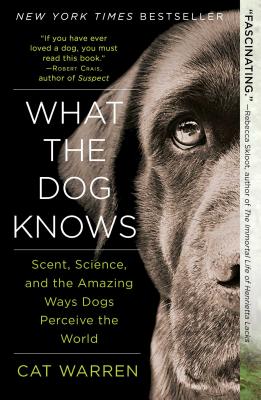 |
What the Dog Knows: What started as a hobby to train her unruly German Shepherd puppy eventually transforms into a passion as she learns to train cadaver dogs. The author combines great storytelling with painstaking research. Not being much of a dog person, I was skeptical about reading this book. However, it was the book choice for the Arizona library book club I belong to so thought I'd give it a try. I was so surprised to find this book to be fascinating, plus I learned so much. I recommend this book to everyone and in particular to dog owners and dog trainers. Warren takes us on a wonderful journey to learn what the dog knows and why we keep finding new uses for the wonderful noses of our four-legged friends. |
||||||||
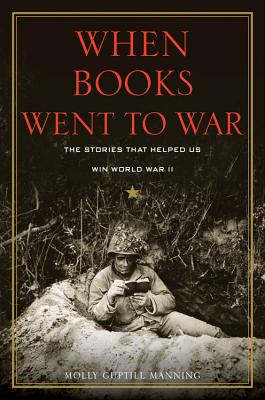 |
When Books Went to War: This is an interesting book for World War II buffs and all of us. It gives an entirely new perspective on the war that I knew nothing about. Men had a lot of down time between conflicts. This contributed to boredom, loneliness, and depression. Hitler ordered the burning of millions of books in Europe. America did the opposite by furnishing millions of books for our people in the armed services to read and share. As Hitler waged total war, America fought back not just with men and bullets but with books, which proved to be the most formidable weapon of them all. How this was accomplished makes for interesting reading. |
||||||||
 Hannah |
|||||||||
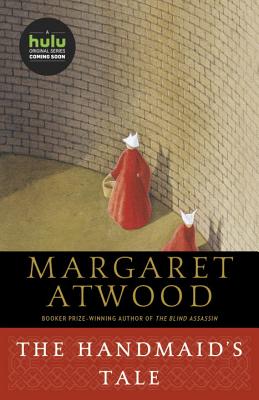 |
Atwood wrote this in 1984, and its impact has been as great as 1984. It’s amazing how relevant a 34-year-old novel is to the times we live in. The televised version does a remarkable job of capturing much of the novel, and then they run with the world and characters Atwood created. The only big change I saw was that in the novel the Commander’s Wife is less attractive and less interesting. The novel gives us more description of the history that leads to the dystopia, and at the end of the book we read the transcript of a talk given in the distant future at a conference about the Gilead culture. We don’t learn what Offred’s fate is, but we do have the comfort of knowing that humanity does in the end prevail. We live in hope that some of the extremes of 2018 will be short lived, and not lead us in the direction laid out in this compelling book. |
||||||||
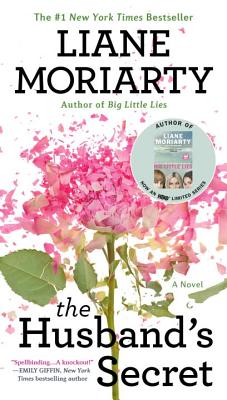 |
The Husband’s Secret
Moriarty is the author of Big Little Lies. This novel has a similar structure: chapters end with cliff hangers and the next chapters jump to another woman’s story. But you don’t mind because you can’t wait to find out what’s happening with this woman, too. Tess’s husband spills his secret right away. He’s in love with her cousin/best friend: the three of them share a business in Melbourne, and essentially are a family with Tess’s son. Cecilia is a super-mom in Sydney, president of the PTA equivalent and tupperware party star. She finds a letter from her husband that was to be opened years ago should he die. Could this contain an even bigger secret? School staff worker Rachel is a widow. Rachel lost herself in dreams of revenge when her daughter was murdered years ago. Her heart opens again to her grandson: but her daughter-in-law has a two-year contract in New York so Rachel is distraught. What can possibly bring these stories together? |
||||||||
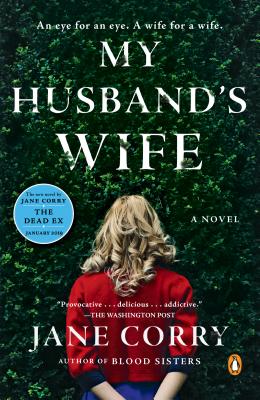 |
My Husband’s Wife The mood of this novel is similar to Girl on a Train, but there are two female points of view. We know from the outset that one of them is going to do murderous violence. The first is Lily, a newly wed attorney struggling with her first big case, the appeal of a man convicted of killing his wife in a scalding bath. He’s on the autism scale, as was another man in Lily’s life. Then there’s Carla, a girl living with her kept immigrant mother. Lily and her artist husband look after Carla when her mother is entertaining her lover. We spend enough time with their thoughts to see how they are each sometimes good, sometimes not, sometimes feeling guilt and other times rationalizing their behavior. The complex plot and more complex characters keep you fascinated. |
||||||||
 Pam |
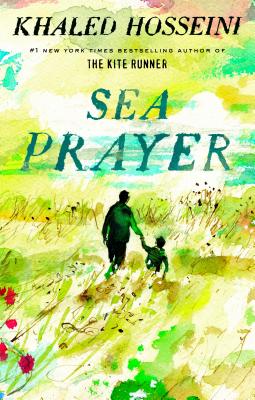 |
Sea Prayer This is the heartbreaking story of a father who recalls his happy memories of growing in Syria while waiting to start a dangerous crossing of the sea to safety. The illustrations as well as the text are full of emotion. The proceeds of this book go to relief efforts to help refugees around the world. |
|||||||
 Tim |
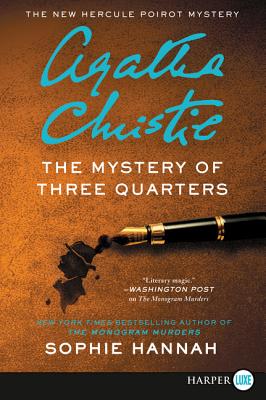 |
The Mystery of Three Quarters |
|||||||
 |
An Elderly Lady is up to No Good |
||||||||
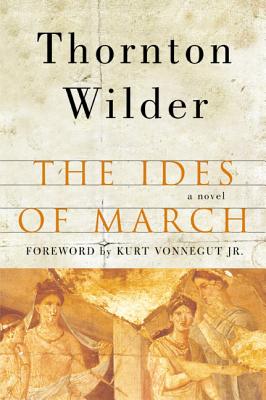 |
The Ides of March |
||||||||
Would you like to be a guest reviewer? Email Sally at sally@beagleandwolf.com |
|||||||||
— page top — |
|||||||||
| About Us Midwest Connections |
